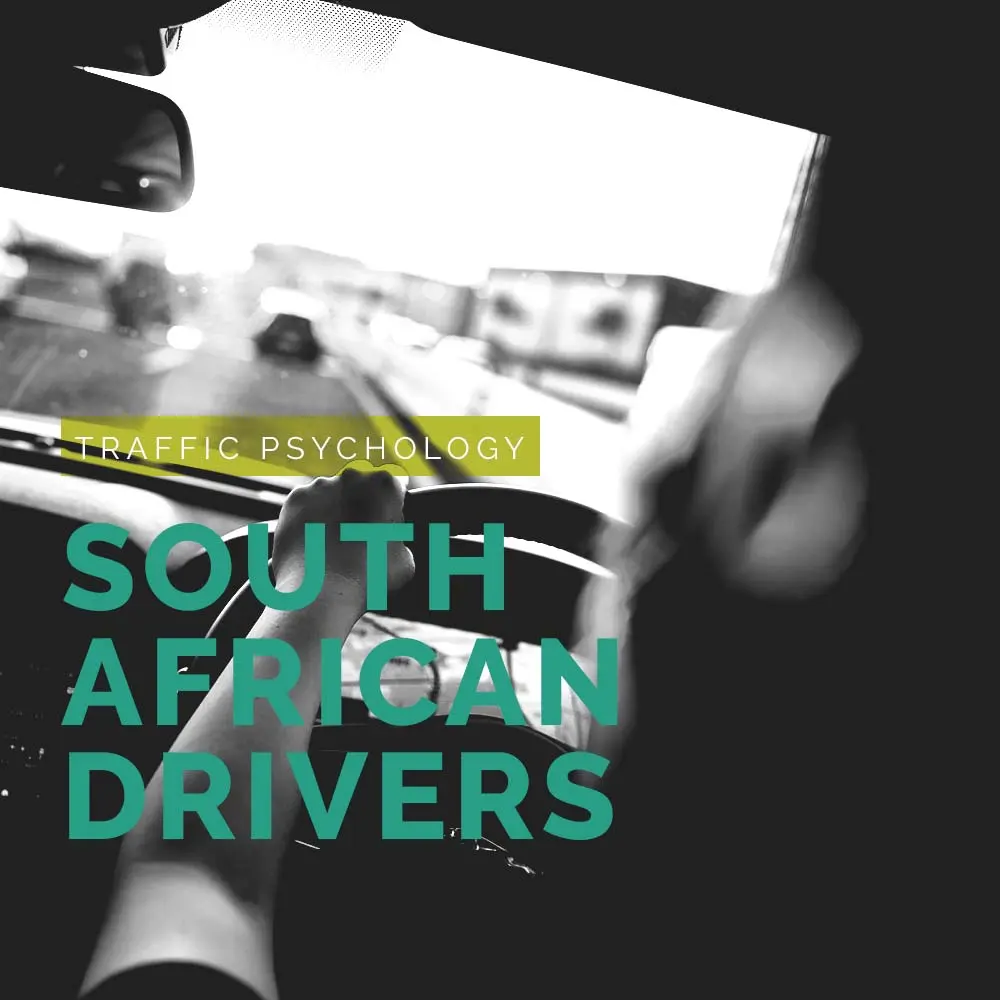Challenge
Traffic is probably one of the most ubiquitous topics of discussion for any person who finds themselves in it on a regular basis. South Africans often lament the lack of driving skills or basic courtesy of drivers on the roads. Although traffic psychology is a thriving field of research and practice internationally, there is little published research on driving behaviours in South Africa. It was therefore valuable to investigate the link between driving behaviours and aspects of personality to increase understanding of driving behaviour.
Solution/study
A brief (but very broad) questionnaire on different types of driving behaviours was created, and administered to 120 South African ordinary drivers and 50 professional bus drivers along with two personality questionnaires, in order to investigate whether there were any links. The personality questionnaires used were the Basic Traits Inventory (BTI) and the Hogan Personality Inventory (HPI). The BTI is a South African-developed personality test, which has been well-researched in the South African context and has been demonstrated to work effectively across cultures and language groups. The HPI was the first measure of normal personality, designed to predict occupational performance. The HPI has been used in a number of studies in the transport industry, and most notably in the assessment of transport drivers in both Australia and the USA.
Results
The investigation revealed the following patterns in driving behaviour and its relationship with aspects of personality:
The drivers who engaged in more risky driving behaviours such as aggressive driving, answering their cell phone while driving, and who got caught breaking the driving laws were likely to be involved in more road accidents than those who did not engage in such risky behaviours;
Correlations between aspects of personality such as level of personal energy, self-discipline, and willingness to admit mistakes and the number of accidents incurred. For example, the drivers who were less energetic, less self-disciplined, and less likely to admit their mistakes were more likely to have road accidents than others;
Professional bus drivers reported being more conscientious, agreeable, having higher personal energy, being more sociable and being more adventurous than ordinary drivers;
Professional bus drivers also tended to admit their mistakes, have empathy for others and were more likely to give way to others in traffic than ordinary drivers;
Professional bus drivers reported being less able to cope with stress, less likely to seek out positions of authority and the limelight, and more likely to be moody and self-critical than ordinary drivers.
Although there is limited generalisability of the results due to the small sample size, these findings related to personality and risky driving behaviours were illuminating. Further research may be able to provide more useful insights into the characteristics and behaviours that can lead to accidents, and perhaps aid the selection of safe drivers and promotionof safe driving behaviour. In addition, research into the aspects of personality that predict safer driving behaviour would also be valuable.
Share this post
Newsletter
Get up-to-date industry news right in your inbox



